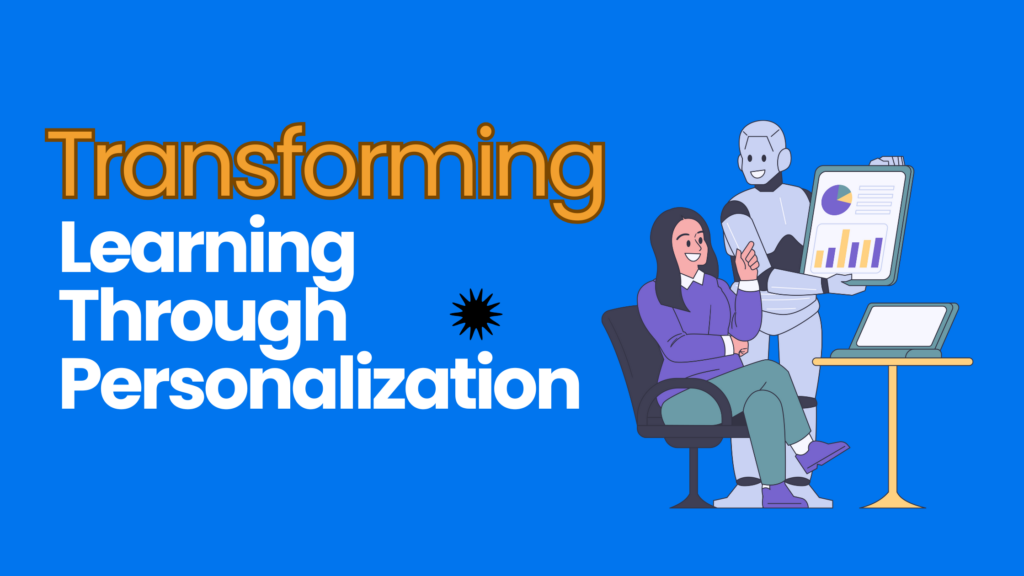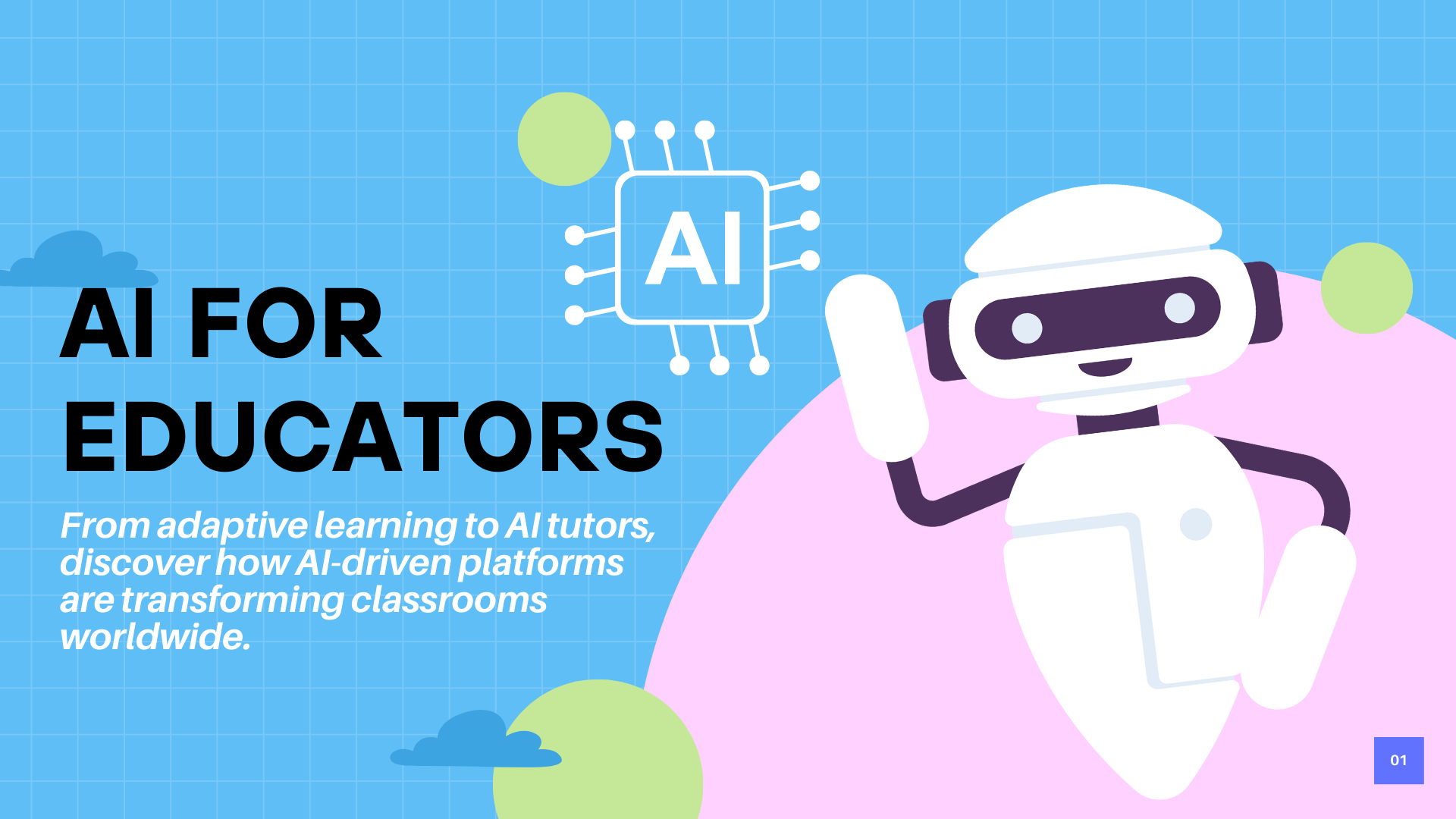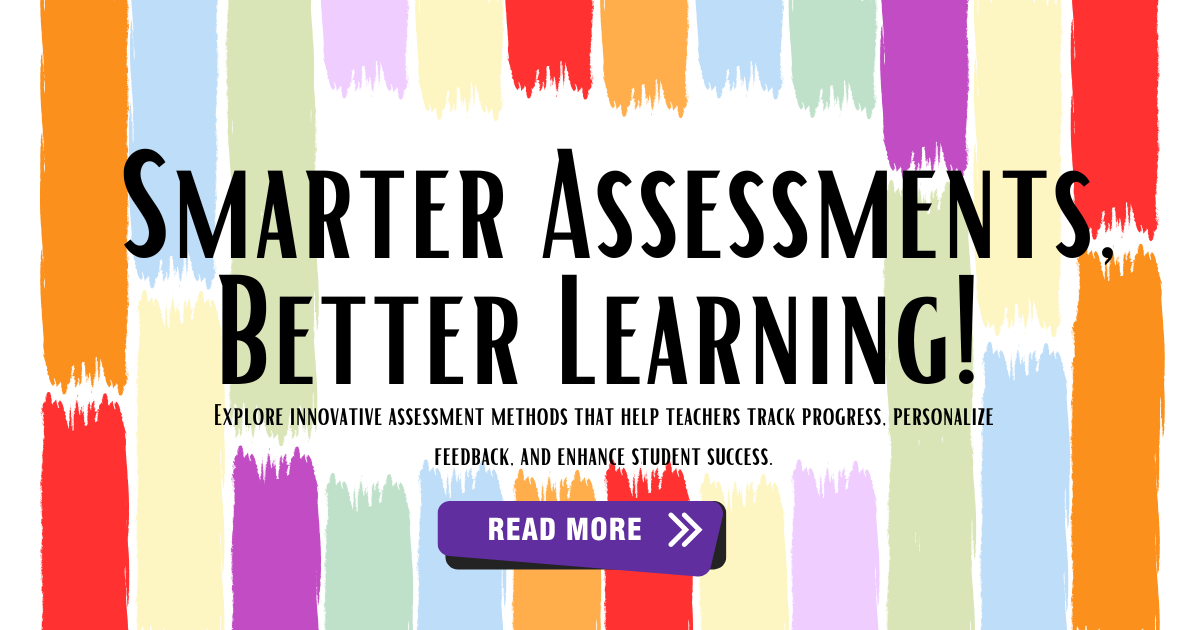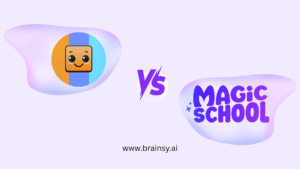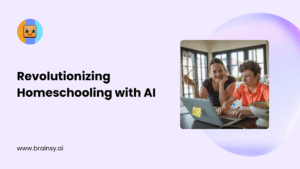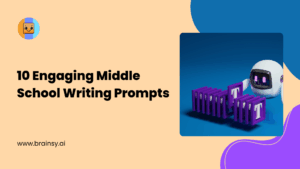As an educator and technology enthusiast, I’ve been closely following the rapid advancements in artificial intelligence (AI) and its potential to revolutionize various sectors. One area where AI is making significant strides is education. In this article, we’ll explore how AI is transforming the education sector and its implications for the future of learning, with a focus on personalized education and AI-powered personalized learning platforms.
The AI Revolution in Education: An Overview
The integration of AI in the education sector is not just a futuristic concept; it’s happening right now. We’re witnessing a paradigm shift in how we approach teaching and learning, with AI technologies offering unprecedented opportunities to enhance educational experiences through personalized learning systems.
AI is poised to address some of the most pressing challenges in education, such as personalized learning, efficient assessment, and bridging educational gaps. By leveraging machine learning algorithms and data analytics, AI can provide insights that were previously impossible to obtain at scale, paving the way for truly personalized education.
However, this revolution also brings concerns about privacy, ethics, and the changing role of teachers. As we delve deeper into the world of AI in education, it’s crucial to consider both the potential benefits and the challenges that lie ahead in implementing AI-powered educational tools.
How AI is Already Transforming Classrooms
The impact of AI on education is already visible in many classrooms around the world. Here are some ways AI is currently being used to enhance personalized learning in the classroom:
- Intelligent Content Creation: AI-powered tools are helping teachers create customized textbooks and learning materials tailored to their students’ needs.
- Smart Content: Interactive digital interfaces and customized learning environments are adapting to students’ learning styles and paces, offering a journey through learning that is unique to each student.
- Automated Grading: AI systems can grade multiple-choice and fill-in-the-blank questions, freeing up teachers’ time for more complex tasks and enabling precision teaching.
- Chatbots for Student Support: AI-enhanced chatbots are providing 24/7 support to students, answering questions and offering guidance.
These applications are just the tip of the iceberg. As AI technologies continue to evolve, we can expect even more innovative solutions to emerge in the educational landscape, further enhancing personalization in education.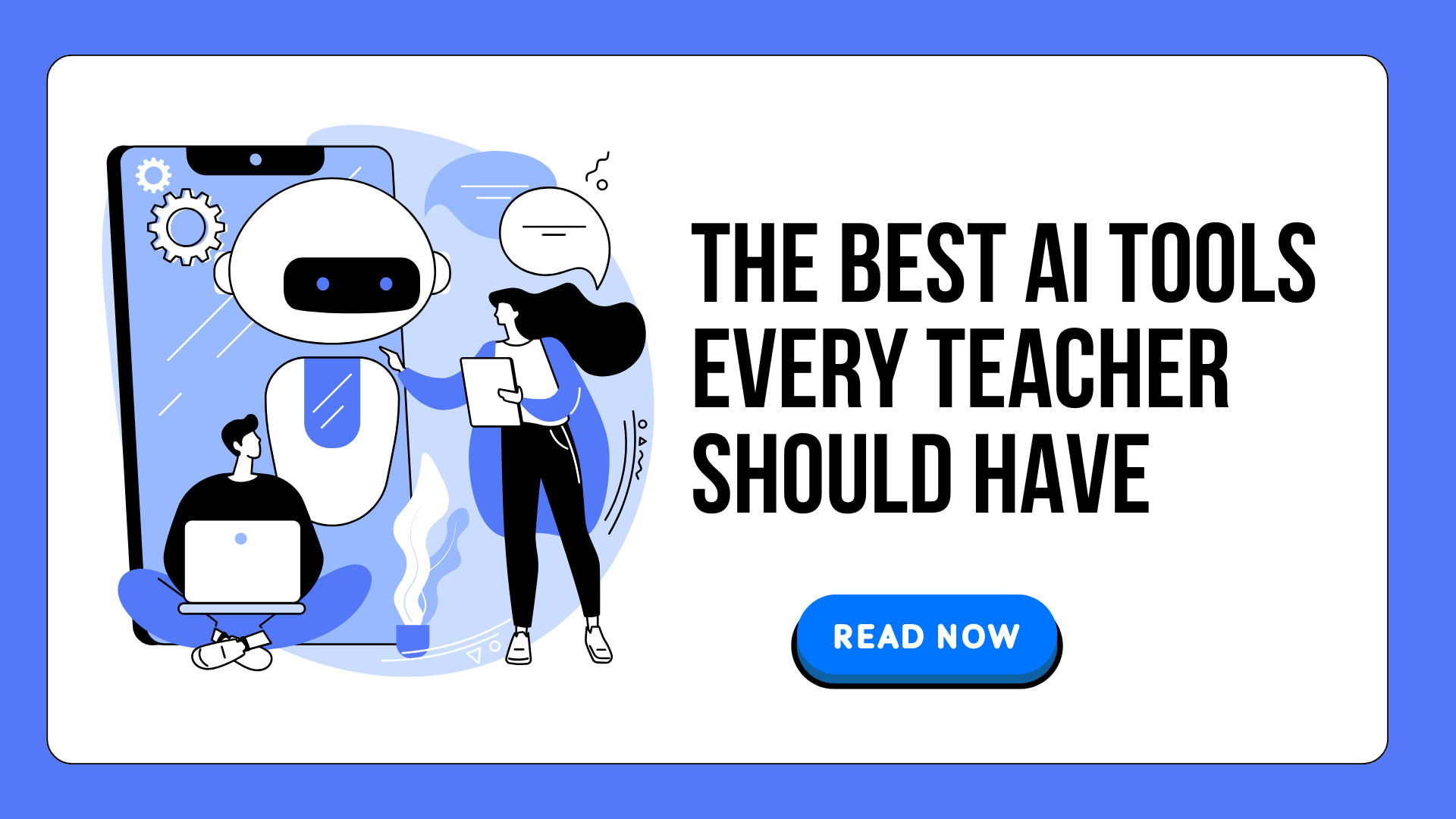
Personalized Learning: AI’s Game-Changing Potential
One of the most promising aspects of AI in education is its ability to deliver personalized learning experiences. Traditional education often follows a one-size-fits-all approach, but AI adaptive learning can tailor content and pacing to individual students’ needs.
By analyzing vast amounts of data on student performance, learning patterns, and preferences, AI algorithms can create customized learning paths. This approach ensures that each student receives content at the right difficulty level and in a format that best suits their learning style, which is why personalized learning is important for student success.
Moreover, AI can identify knowledge gaps and suggest targeted interventions to address them. This level of personalization was previously impossible to achieve at scale, but AI personalized learning is making it a reality for students across the globe.
AI-Powered Assessment and Feedback Systems
Assessment and feedback are crucial components of the learning process. AI is revolutionizing this aspect of education by providing more accurate, timely, and comprehensive evaluations through personalized feedback systems.
Some key benefits of AI-powered assessment include:
- Real-time feedback: Students can receive immediate, personalized feedback on their work, allowing for faster improvement.
- Objective grading: AI can eliminate human bias in grading, ensuring fair and consistent evaluations.
- Detailed analytics: Teachers can access in-depth insights into student performance, identifying areas that need more attention and enabling data-driven instruction.
Furthermore, AI can analyze patterns in student responses to identify common misconceptions or areas where the teaching method might need adjustment. This feedback loop can help educators continually refine their teaching strategies for optimal results and enhance student engagement.
Virtual and Augmented Reality: Immersive Learning Experiences
The combination of AI with virtual reality (VR) and augmented reality (AR) is opening up new frontiers in immersive learning. These technologies can transport students to different times and places, making abstract concepts tangible and engaging.
For example:
- History students can “walk” through ancient civilizations
- Biology students can explore the human body from the inside
- Physics students can visualize complex theories in 3D
AI enhances these experiences by adapting the content in real-time based on the student’s interactions and understanding. This dynamic approach ensures that the immersive experience is not just entertaining but also educational and tailored to each learner’s needs, providing truly personalized digital learning experiences.
AI Tutors and Intelligent Tutoring Systems
AI tutors and cognitive tutoring systems are becoming increasingly sophisticated, offering personalized guidance to students outside of traditional classroom hours. These systems can:
- Provide one-on-one tutoring at scale
- Adapt to each student’s pace and learning style
- Offer instant, personalized feedback and explanations
- Track progress and adjust the curriculum accordingly
While AI tutors cannot replace human teachers, they can complement traditional instruction by providing additional support and practice opportunities. This is particularly valuable in subjects like mathematics, where repetition and interactive problem-solving are crucial for mastery.
Addressing Concerns: Ethics and Privacy in AI-Driven Education
As we embrace AI in education, it’s crucial to address the ethical and privacy concerns that arise. Some key issues include:
- Data privacy: How do we protect students’ personal information and learning data?
- Algorithmic bias: How can we ensure AI systems don’t perpetuate or exacerbate existing biases?
- Transparency: How can we make AI decision-making processes understandable to educators, students, and parents?
To address these concerns, we need robust policies and guidelines for the use of AI in education. This includes:
- Strict data protection measures
- Regular audits of AI systems for bias
- Clear communication about how AI is being used in educational settings
By proactively addressing these issues, we can build trust in AI-driven education and ensure that it benefits all students equitably.
Preparing Teachers for the AI Era
As AI becomes more prevalent in education, it’s essential to prepare teachers for this new landscape. This preparation involves:
- Professional development: Training teachers to use AI-powered educational tools effectively in their classrooms.
- Understanding AI capabilities: Helping educators recognize where AI can enhance their teaching and where human skills are irreplaceable.
- Adapting teaching methods: Encouraging teachers to embrace new pedagogical approaches that leverage AI capabilities for personalized instruction.
It’s important to emphasize that AI is not meant to replace teachers but to augment their capabilities. By freeing teachers from routine tasks, AI allows them to focus on higher-order aspects of education, such as critical thinking, creativity, and emotional intelligence.
The Future of Curriculum Design with AI
AI is set to revolutionize curriculum design by making it more dynamic and responsive to students’ needs. Here’s how:
- Data-driven insights: AI can analyze vast amounts of educational data to identify trends and gaps in current curricula.
- Adaptive content: Curricula can automatically adjust based on student performance and emerging knowledge in various fields.
- Interdisciplinary connections: AI can identify connections between different subjects, promoting a more holistic approach to learning.
This AI-driven approach to curriculum design ensures that educational content remains relevant, engaging, and aligned with both student needs and societal demands, fostering student autonomy in the learning process.
Bridging Educational Gaps: AI’s Role in Inclusive Learning
One of the most promising aspects of AI in education is its potential to promote inclusive learning. AI can help bridge educational gaps by:
- Providing personalized support for students with learning disabilities
- Offering language translation for non-native speakers
- Adapting content for different learning styles and abilities
By tailoring educational experiences to individual needs, AI can help level the playing field and ensure that all students have the opportunity to succeed, enhancing accessibility in education.
AI in Administrative Tasks: Streamlining School Operations
Beyond the classroom, AI is also transforming school administration. Some applications include:
- Automated scheduling: Optimizing class schedules and resource allocation
- Predictive analytics: Identifying students at risk of dropping out or needing additional support
- Efficient communication: Managing parent-teacher interactions and school-wide announcements
By streamlining these administrative tasks, AI frees up resources that can be redirected towards improving the quality of education and implementing more personalized learning tools.
Challenges and Limitations of AI in Education
While the potential of AI in education is immense, it’s important to acknowledge its limitations and challenges:
- Technology access: Ensuring all schools have the necessary infrastructure to implement AI solutions
- Teacher training: Preparing educators to effectively use and interpret AI tools
- Overreliance on technology: Balancing AI-driven learning with human interaction and soft skills development
- Ethical considerations: Addressing concerns about data privacy and algorithmic bias
Overcoming these challenges will require collaboration between educators, policymakers, and technology developers to create responsible and effective AI solutions for education.
The Global Impact: AI Transforming Education Worldwide
The impact of AI on education is not limited to developed countries. AI has the potential to democratize education globally by:
- Providing access to quality educational content in remote areas
- Offering personalized learning experiences at scale
- Breaking down language barriers through real-time translation
However, to realize this potential, we must address the digital divide and ensure that AI-driven educational tools are accessible to all, regardless of geographic or economic factors.
Preparing Students for an AI-Driven Job Market
As AI continues to transform various industries, it’s crucial that education evolves to prepare students for an AI-driven job market. This preparation involves:
- Emphasizing skills that complement AI, such as creativity, critical thinking, and emotional intelligence
- Teaching students to work alongside AI systems
- Fostering an understanding of AI ethics and implications
By integrating AI literacy into curricula, we can ensure that students are well-equipped to thrive in a world where AI is increasingly prevalent.
Conclusion: Embracing the AI Revolution in Schools
As we look to the future, it’s clear that AI will play a significant role in shaping education. From personalized learning experiences to efficient administration, AI has the potential to address many of the challenges facing our education systems.
However, as we embrace this AI revolution, we must do so thoughtfully and responsibly. By addressing ethical concerns, preparing teachers, and focusing on inclusive and equitable implementation, we can harness the power of AI to create a more effective, engaging, and accessible education system for all.
Are you ready to explore how AI can enhance your educational institution? Join our upcoming webinar on “Implementing AI in Education: Best Practices and Case Studies” to learn from experts and connect with other educators embracing this transformative technology. Register now to secure your spot and be at the forefront of the AI revolution in education!
As we continue to navigate this exciting frontier, let’s remain committed to the core purpose of education: empowering learners to reach their full potential. With AI as our ally, we have an unprecedented opportunity to reimagine education for the 21st century and beyond.
🚀 Join the Future of Teaching – Get Early Access to the Ultimate AI Platform for Educators!
The AI-Powered Teaching Revolution is Here! 🎓✨
Imagine having one powerful AI platform that helps you plan lessons, grade assignments, personalize learning, and engage students—effortlessly.
🚀 BrainsyAI is launching soon, and you can be among the FIRST to experience it!
🔥 Join the exclusive waitlist now & get:
✅ Early Access – Be the first to try our cutting-edge AI tools.
✅ Exclusive Perks – Special bonuses & training for early adopters.
✅ A Voice in Development – Help shape the future of AI in education.
📩 Spots are limited! Don’t miss out on the AI teaching tool that will change classrooms forever.
Join Now 👈

